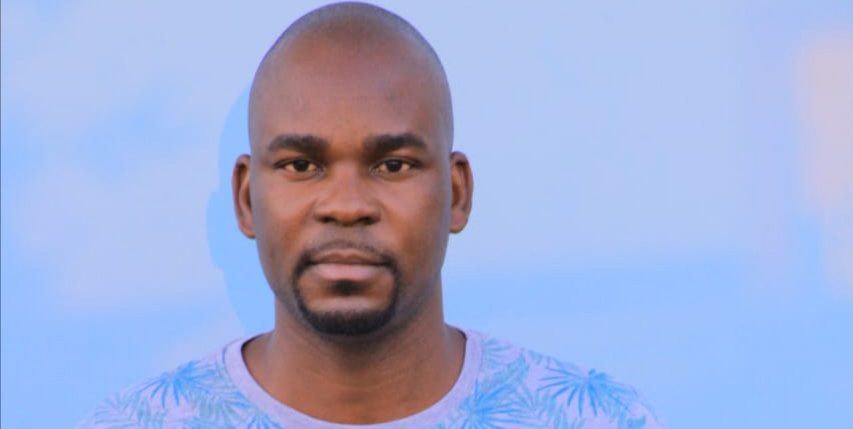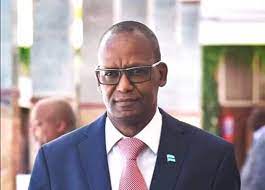
* “Botswana needs to make Setswana fashionable,” says Nemadzivhani
* “African writers write in foreign languages to get more readers,” says Nemadzivhani.
—

Mashudu Nemadzivhani is an award-winning writer from Limpopo in South Africa. He is the author of two books in English, namely, Damascus and Finding Damascus respectively.
In 2019 he won the African Authors Award for the series. Since then, Nemadzivhani has made the decision to write exclusively in TshiVenda. Below he speaks with fellow noted writer Donald Molosi. This conversation is reproduced with gratitude to the Upright African Movement.
DM: Your previous books were written in English. Your new book, Vhatali, is in TshiVenda.
MN: Yes, From now on all my books will be written in TshiVenda.
DM: What prompted you to make that decision?
MN: I am doing this in order to protect our language since most of our young writers are no longer interested in using it. And on the other side, the old ones have no one to leave their knowledge with. If we let it go, soon we will lose dozens of words and the art of writing in Tshivenda.
DM: Can you give an example of the knowledge that may be getting lost as African languages are used less and less in African homes and classrooms?
MN: Most of the names that we use in Tshivenda will only have meanings when written in TshiVenda. In our language, there is always something to learn behind every name whether it is of a person or a celestial body.
Even the names of our seasons and months. The month of August is called Thangule in TshiVenda and tangula means to snatch. From its name only, we know that it is a bad month. For this reason, we don’t do anything big like getting married or moving into a new house in August.
DM: Indeed it is by using the language in daily life that it is kept alive.
MN: I believe that it is important that all the current events be recorded in one’s language as much as they are being recorded in other languages.
DM: Yes, if not outright recorded more in our own languages. Why do you think that most African writers do not write in African languages?
MN: They don’t know their languages well enough to write in them, Donald. Some writers do that to create a wider readership.
DM: Your new book, Vhatali, is in TshiVenda. I read it and understood it as a Setswana speaker who has never formally learned TsiVenda.
MN: I am glad! The story in this book is following the life of a young woman called Thilivhali. Like any other kid, Thilivhali was raised by her two loving parents. But as we all know, they give birth to us not our hearts.
We get to choose what we want to do with our own lives. This is exactly what Thilivhali did. Unfortunately, the life that she chose will be nothing but a piercing sword to the hearts of her parents as well as a deadly arrow to her own peace.
DM: How do you think that we in Botswana are doing in terms of preserving our languages?
MN: I think Batswana are doing a great job in preserving Setswana. Though I can’t say that they are doing enough. But most of their young artists are still producing their materials in Setswana and some young authors are writing in Setswana.
DM: What can Botswana do to better preserve Setswana?
MN: I think that platforms must be created where young people will be encouraged to use more of Setswana to make Setswana fashionable. It can start with Batswana refraining from using other languages when interacting with each other on social media.
DM: Thank you for sharing your thoughts on this crucial topic and I wish you all the best with your new book. Thank you for championing the preservation of African languages.
MN: Alright. Thanks a lot, brother.









